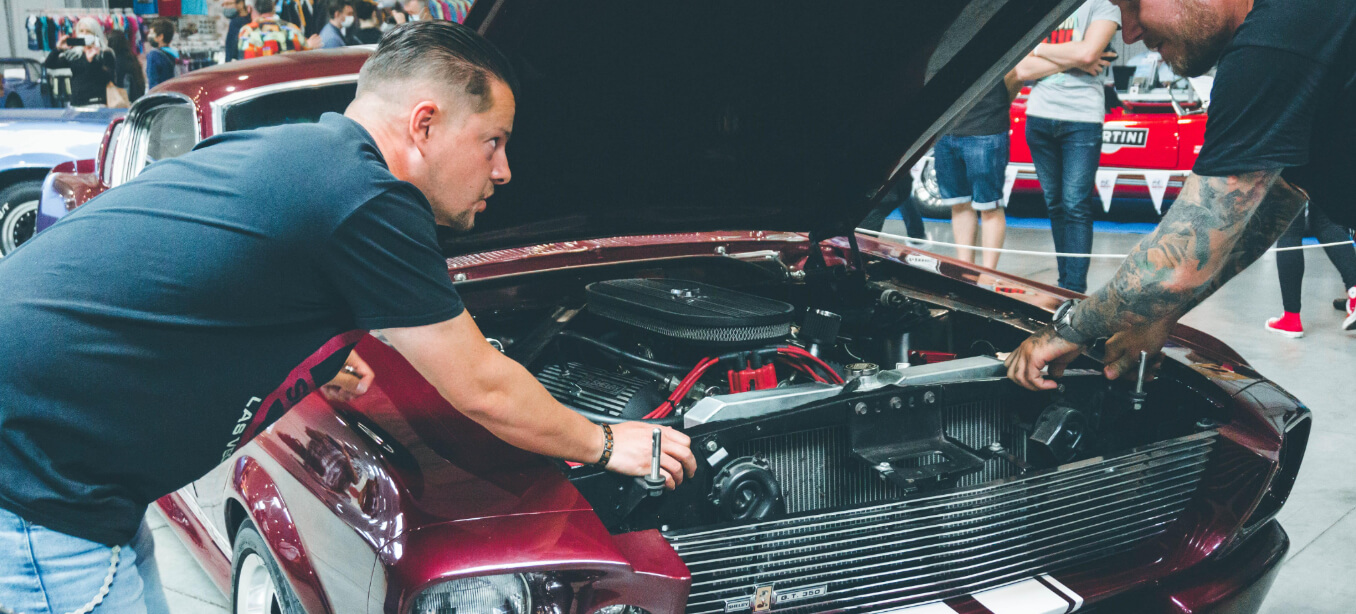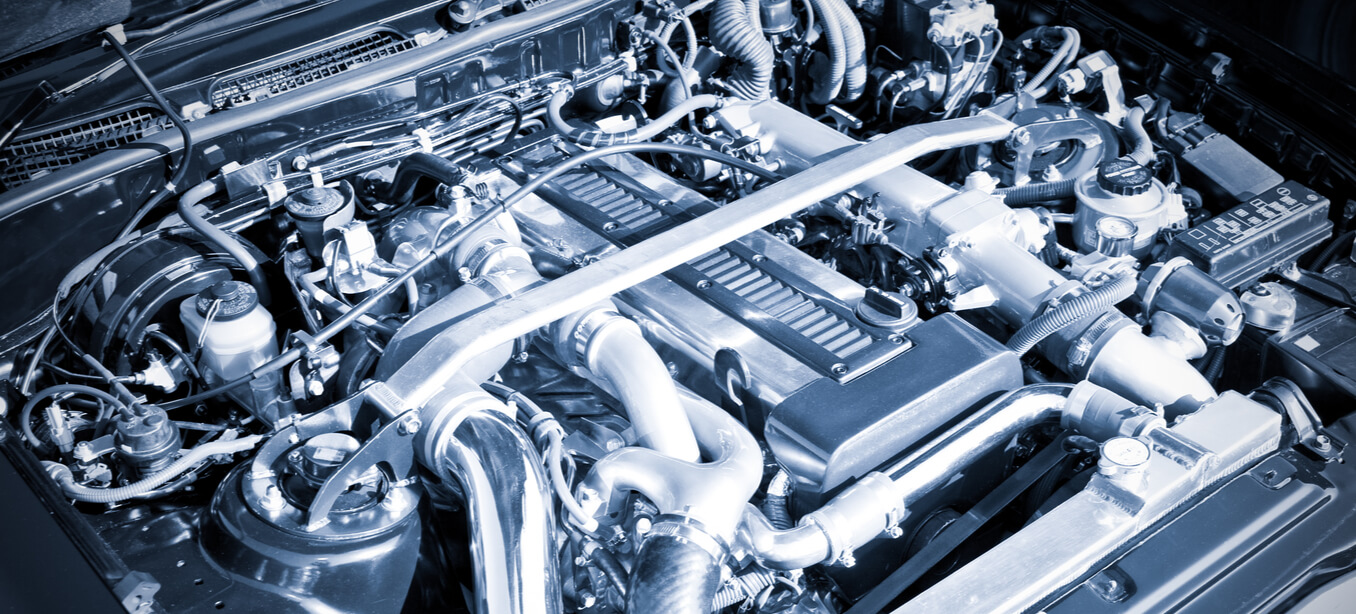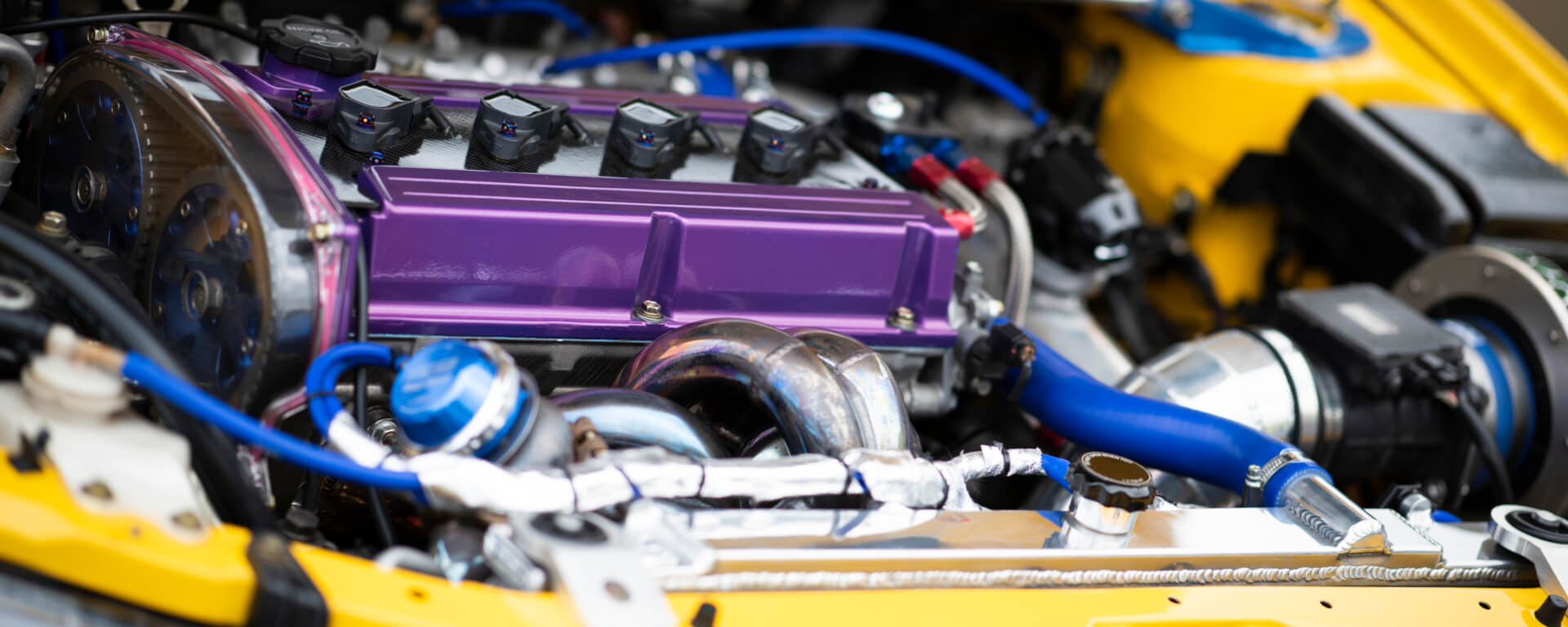Here at Keith Michaels, a lot of people who come to us for modified car insurance want to make changes to enhance the overall performance of their car. As such we’ve seen all kinds of remapping, aftermarket additions and performance upgrades, which our specialist insurers love hearing about.
In this article, we wanted to cover six ways that you can increase your car’s horsepower. As much, and in most cases, more than they know what to do with.
CAVEAT: It is worth knowing that any changes you make to increase horsepower will void your cars warranty. This article is intended for entertainment purposes and does not constitute advice of any kind. Any figures given are rough estimates and may not reflect costs for your car. Do your own research and consult an expert before doing anything.
What is Horsepower?
Before we delve into the world of increasing horsepower, it’s important to understand what horsepower actually is.
Horsepower refers to the power an engine produces specifically in a car and is a measure of how much power is needed to move 33,000lbs one foot in a minute. It’s a formula by James Watt (English lightbulb man) who, when trying to sell his steam engine to millers, needed a way to make it relatable to them by using a horse’s power and applying the formula to his steam engine. And that’s how horsepower came to be.

How to Increase Your Car’s Horsepower
While this isn’t an exhaustive list, these are the common mods we come across to increase horsepower, and ones that we know are popular, from those for beginners to people who have been tinkering with their engines for 40 years.
Before you continue with any mod, make sure your car is in a serviceable state, would pass an MOT, and that you’ve got the correct parts and the correct insurance. Also check that what you’re doing isn’t illegal, as not every mod is road legal.
1. Swap in a Performance Air Filter
Performance air filters are designed to increases air flow through your engine. Engines are simply giant air pumps that move air around in specific orders. For an engine to perform better, it needs more air and cleaner air.
A performance air filter will allow for greater air intake, which allows the engine to sometimes have triple the amount of air coming in. It’s a simple change that’s relatively inexpensive, depending on the car you have. By increasing air flow, you can increase the amount of air moved around the engine, which can have an effect on performance.
2. Install a Performance Exhaust System
The quicker you can get air out, means the quicker you can get air in. A high-performance exhaust system means that you can expel carbon monoxide and other waste gas from the engine quickly, allowing a great increase of fresh oxygen. Performance exhaust systems open up the restrictions placed for compliance reasons and allow that all-important airflow through the engine, in turn increasing the horsepower.
Remember to use a full system from the headers back. Titanium can be a good option, as it’s considerably lighter as well, which will also give you some gains.

3. Install Performance Throttle Bod(ies)
On spark ignition/naturally aspirated engines, the throttle bod(ies) control the amount of air that flows into the combustion engine.
By increasing the airflow with a performance throttle body, or bodies, you can get great horsepower improvements. If you increase the size of the air input into the head, and the fuel mixture, you will increase the power available from the current engine. On an older engine, this would be the same as increasing the carburettor size.
It’s worth noting that if you install performance throttle bodies, you’ll probably want to upgrade your injectors at the same point to prevent increased wear on your injectors. Once you’ve done this, you will need to remap your ECU to account for this increase in power.
4. Implement Forced Induction
Whether through a supercharger or a turbocharger, forced induction systems greatly boost the performance and horsepower of an engine by forcing more air in. This works by compressing the air as it flows in and then pumping that into the engine.
It’s worth noting that a turbo/supercharger puts a lot of additional strain on your engine, so make sure that you balance out any additions made. It’s a lot of work, so maybe don’t do this one first.
If you do install a turbo or supercharger, consider installing an intercooler and changing other internal components or you could run the risk of melting your pistons. This will cool the charged air that’s been heated by the turbo, thus increasing the efficiency of the ignited fuel and air mixture at the top of the compression stroke.
Turbos are much more efficient than superchargers, as they’ll utilise waste gas to create additional power.
5. Remap your Car’s ECU
Remapping your car’s Engine Control Unit (ECU) can help to boost performance.
Your car’s ECU is fitted with a factory chip to ensure compliance with fuel regulations, and essentially aid the economy of your car. However, for those who want to up their horsepower, an economical chip isn’t the one.
Experts known as tuners will come in and make changes to your ECU so you can get more MPG and power delivery in your car.
Do note that this is best done after you’ve done all other mods, as you can then optimise based on what else you’ve installed.
6. Use High Octane Fuel
In the UK, we have two grades of fuel for each fuel type. Entry-level unleaded fuel is now E10 and 95 RON. This means it’s 10% bioethanol and has a Research Octane Number (RON) of 95 which refers to the fuel’s ability to not knock. A knock is when the air mix in the cylinders explodes rather than being controlled and you’ll hear a ping. The higher the RON, the higher the ability to not knock.
While we’re lucky in the UK to have higher standards for petrol, in places like America the entry standard ‘economy’ fuel is often 87 RON, hence why you’re less likely to hear a knock in the UK.
A higher RON with a lower bio-ethanol mix (most super fuels are E5) is therefore better for the performance of your car as it keeps the engine clean, removing deposits that are affecting engine performance. The fuel itself doesn’t boost performance, but not using it will affect the longevity of the engine. Always use performance fuels if you’re wanting to get more power out of your engine, or you’re ruining your expensive engine parts for nothing.
When it comes to diesel, it’s measured in cetane numbers. A higher cetane will ignite quicker when injected into the engine, making it more reactive and therefore designed for performance vehicles.

What Impact Do Horsepower Modifications Have on Insurance?
You can expect to see an up to 20% increase in your insurance costs for modifications from a specialist modified insurer. From a high street insurer, you’ll be seeing cost increases of up to 132%!
| Car Modifications | Standard Insurer Examples | Keith Michaels Average |
| Turbo/Supercharging | 132% | 20% |
| Exhaust changes | 26% | 5% |
| Air Filter | 25% | 5% |
| Fuel System Charges | 18% | Nil |
Looking for Modified Car Insurance That Won’t Break the Bank?
Speak to Keith Michaels for a modified car insurance quote. We’ve been providing specialist car insurance for over 30 years and have a range of modified brokers on hand to help.


